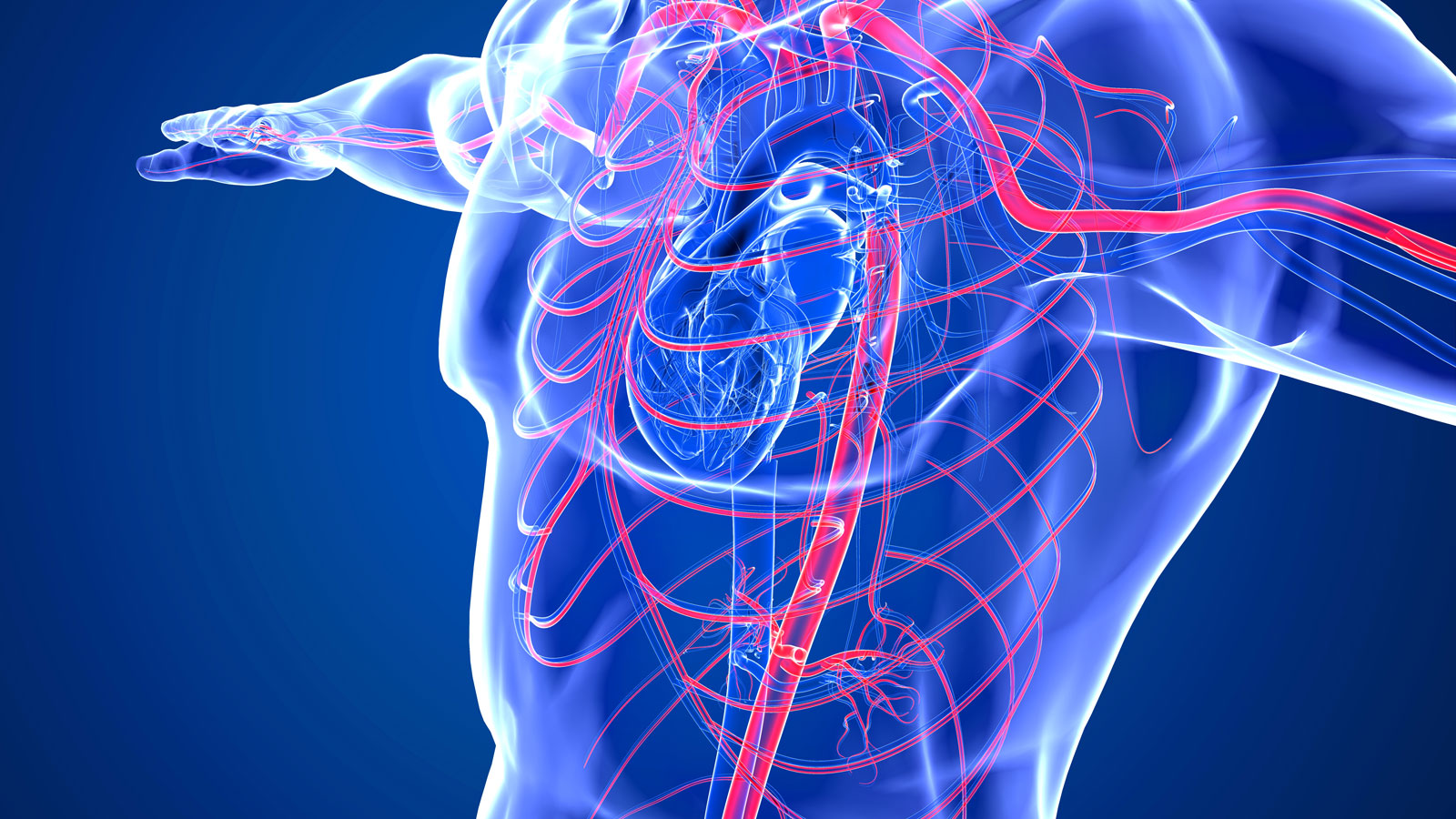How to better prevent and treat cardiovascular diseases?
From the patient’s bed to the operating theatre, through research laboratories, artificial intelligence and the development of advanced technologies, follow the evolution, participate and join the medicine of tomorrow through ArterIA.
Cardiovascular diseases
Cardiovascular disease is the leading cause of death in the world. The World Health Organisation estimates that 17.7 million deaths are attributable to cardiovascular disease, which accounts for 31% of all deaths worldwide.
Cardiovascular diseases are all diseases affecting the heart or blood vessels. These diseases are often linked to atherosclerosis, which is characterised by the deposition of plaques composed mainly of lipids on the walls of the arteries. These plaques can lead to blockage of the vessels or rupture, with serious consequences due to a lack of blood flow.


Depending on which artery is affected, the symptoms are different, and several major groups of cardiovascular diseases can be distinguished:
-
Coronary heart disease: affecting the vessels supplying the heart and which can lead to a lack of vascularisation of the heart muscle (myocardial infarction).
- Cerebrovascular pathologies: affecting the vessels vascularising the brain, which can lead to cerebrovascular accidents (stroke).
Peripheral arterial disease: affecting the arteries that supply the legs and arms. -
Aortic pathologies: linked to an attack on the aorta. This can be a dilation of the aorta (aneurysm) or a tear in its wall (dissection).
The research
Research on cardiovascular diseases is focused on a better understanding of the mechanisms that cause them and on the development of new tools to improve screening, diagnosis, treatment, care and support for patients on a daily basis. It therefore covers a very broad field of disciplines and actors who develop complementary approaches all centred around a common objective: to improve patient care and overcome the disease.
This includes :
- Clinical research with teams of professionals working directly at the patient’s bedside;
- Basic research with scientific teams working in specialised research laboratories;
- Translational research, which is at the interface between basic research and clinical research and whose aim is to find practical applications for the most recent basic scientific discoveries.
The development of innovative technologies, such as Artificial Intelligence (AI), offers new tools and there is growing interest in its application in medicine. AI is a very broad field, at the heart of the medicine of the future, and offers many prospects for improving the management of cardiovascular diseases.
For medical practice, it can be used to create software to facilitate the diagnosis of diseases, improve patient monitoring, develop tools for assisted operations, and enable personalised care and treatment thanks to the cross-referencing of an increasing amount of data (big data).
For research, AI can also help discover new mechanisms involved in cardiovascular disease and identify new treatments for patients.

ArterIA’s mission: to promote research into cardiovascular diseases, to encourage and create links between the various players and to develop the collaborative approach needed to improve patient care.

This site is intended for anyone interested in cardiovascular diseases, whether they are health professionals, patients, the general public, researchers, scientists, engineers or companies.
Through various sections, the aim of ArterIA is to promote communication on recent advances and discoveries in the field of cardiovascular diseases, including in particular the applications of Artificial Intelligence, and to promote interaction between those involved in research into cardiovascular diseases.

